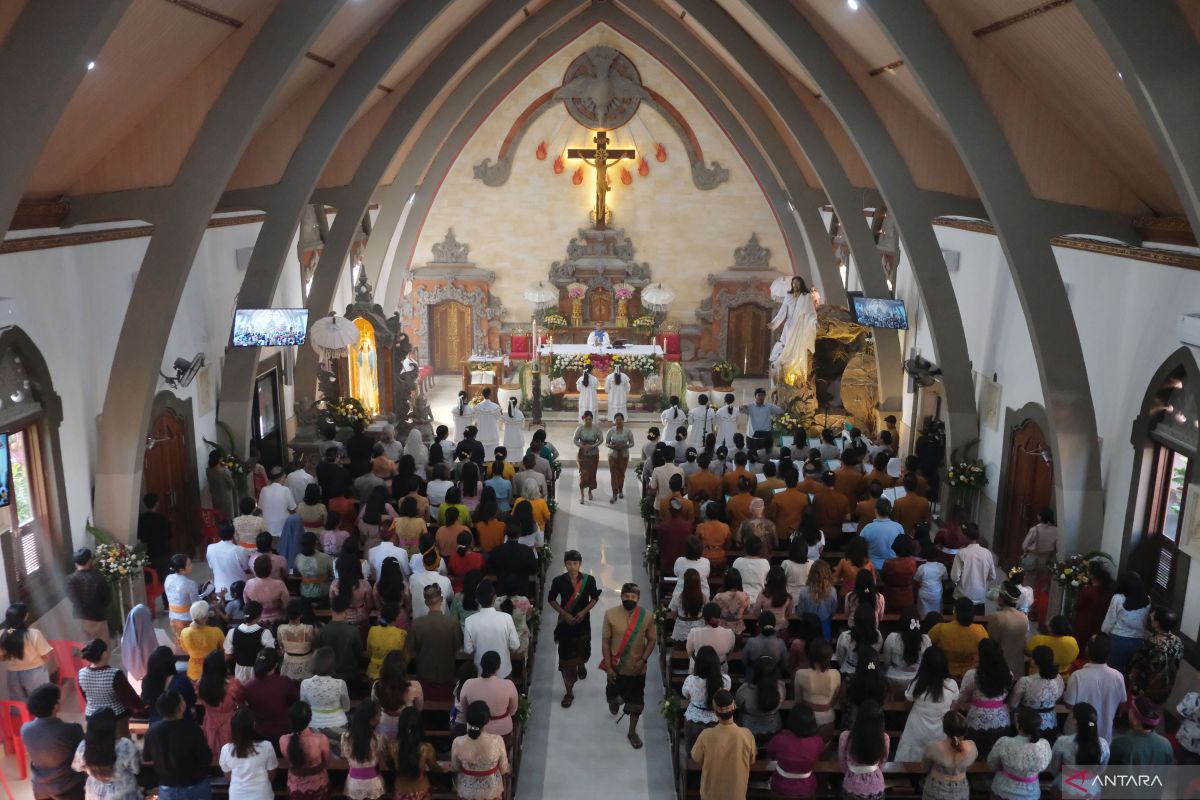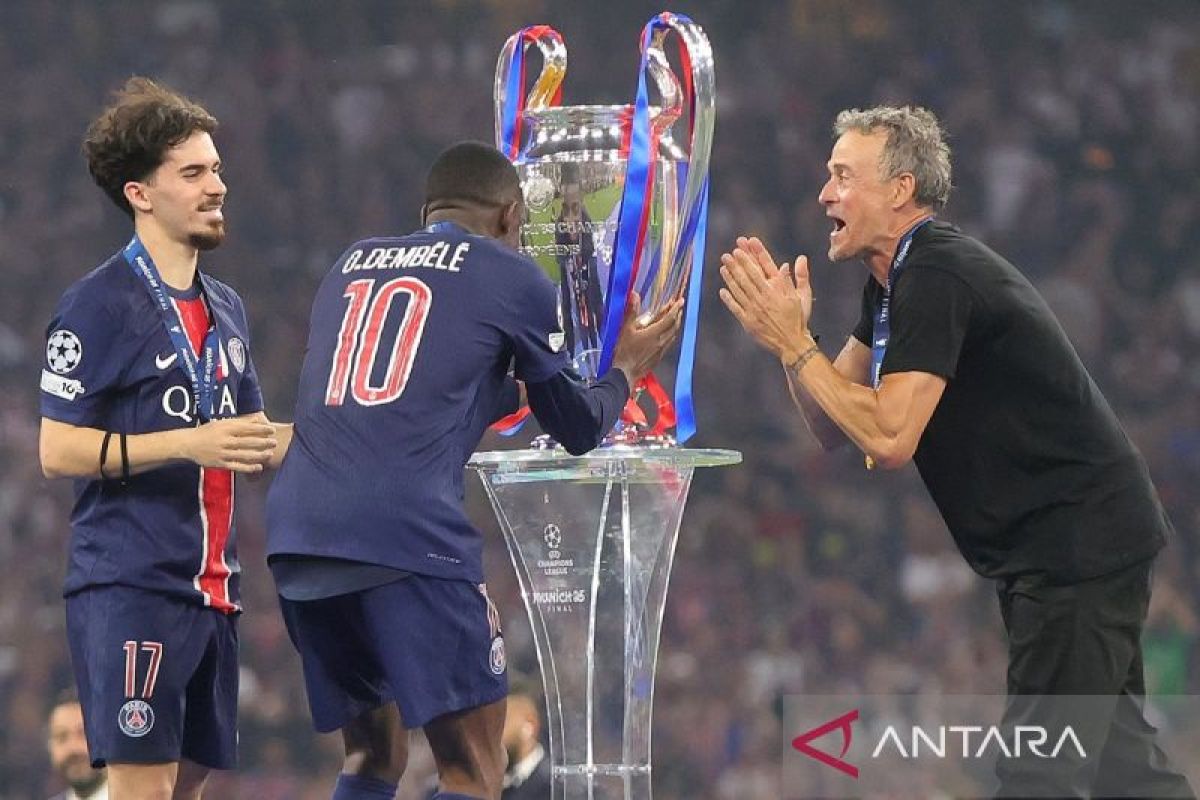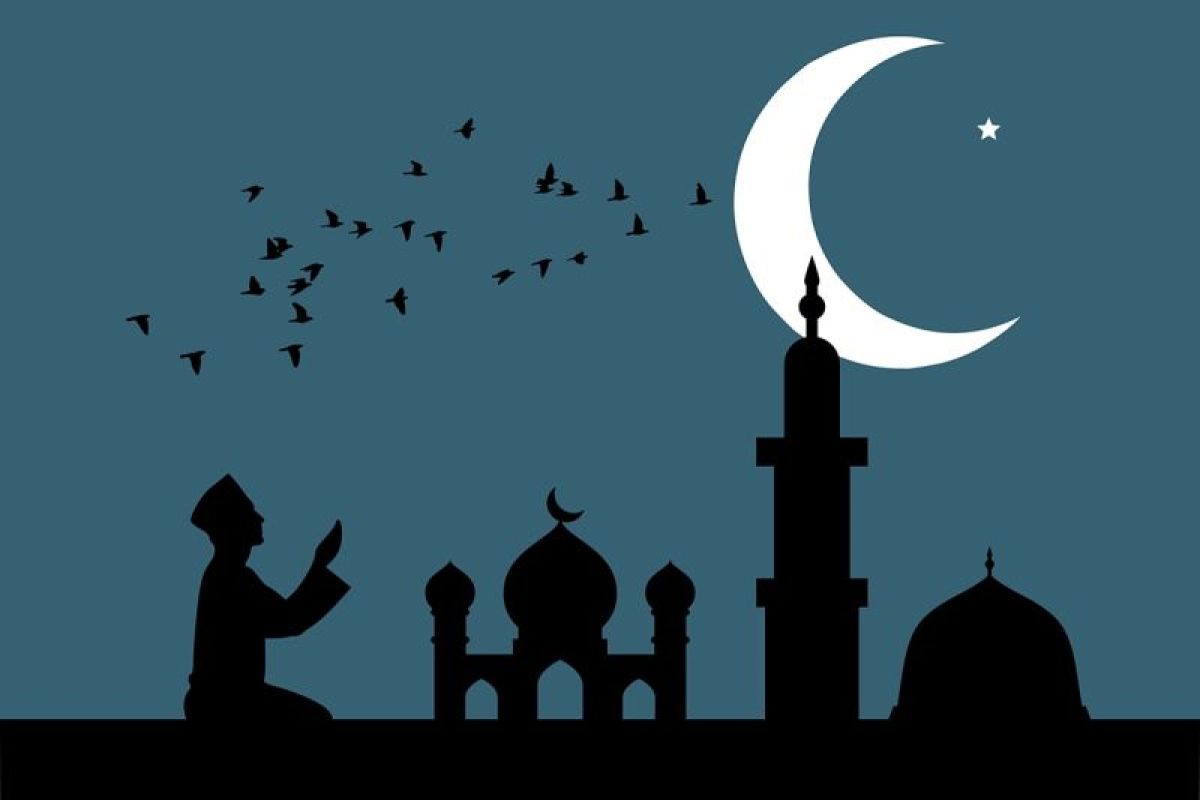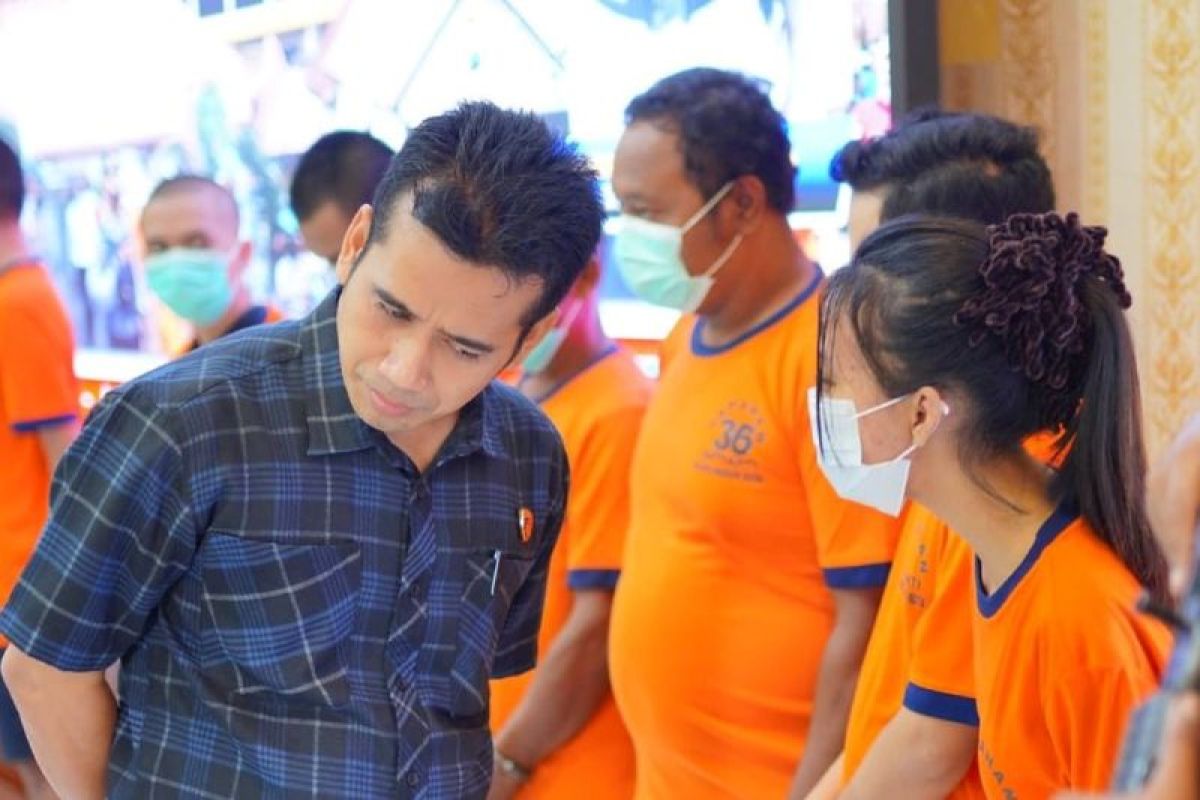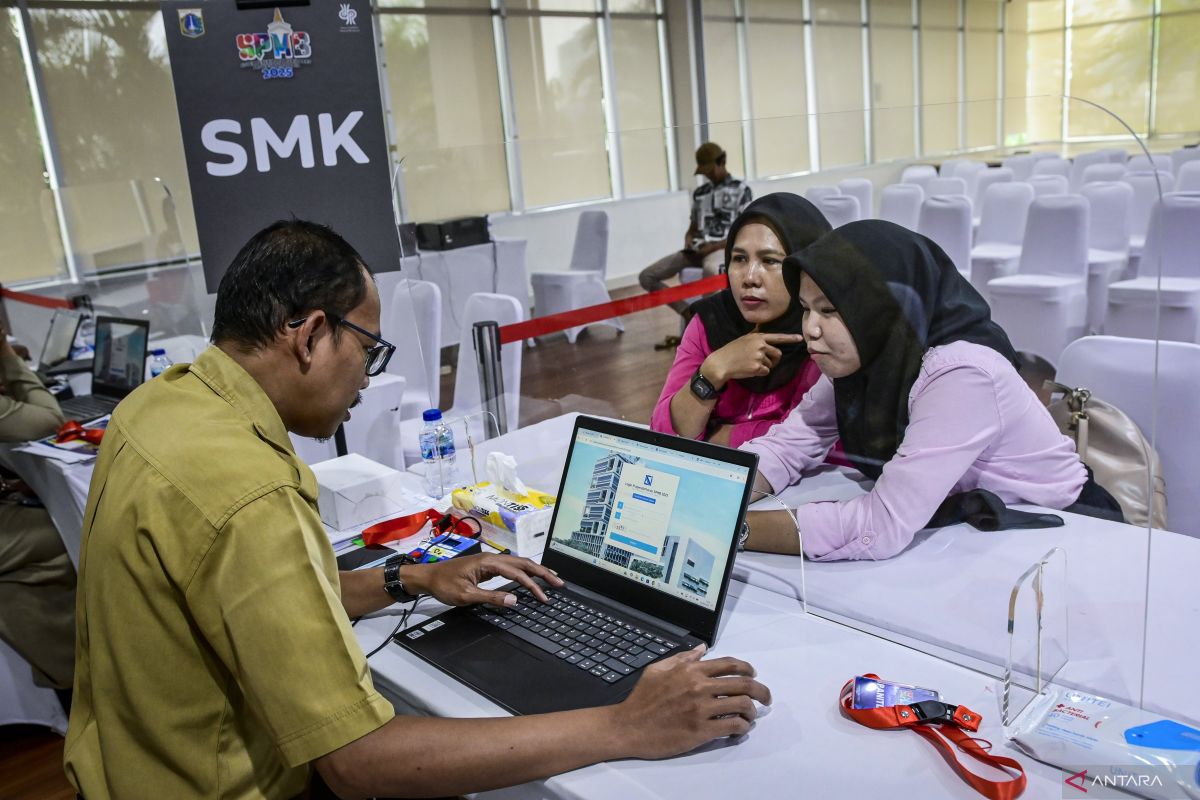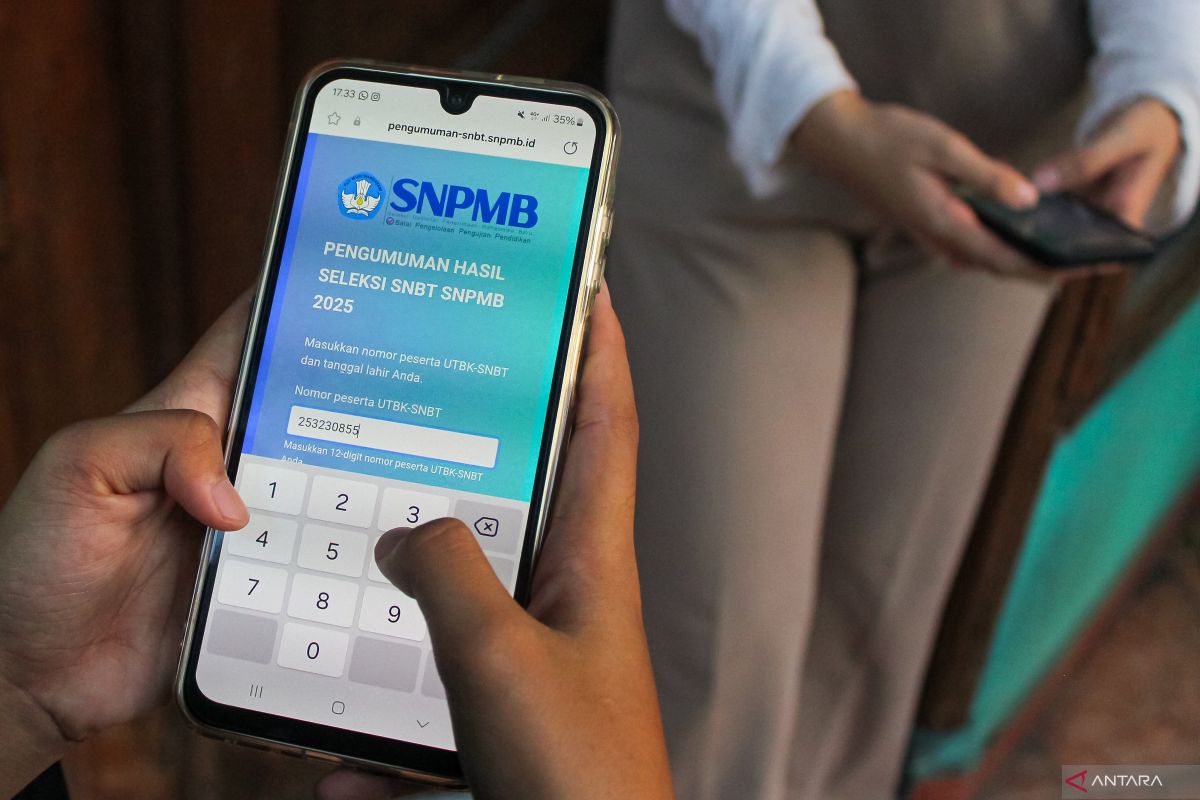The theme for this week’s meanderings is memory. It takes us to Arbroath and back, it wends though the decades of football, it can be accompanied by a jukebox and includes a reflection of what it was like to play against Edson Arantes do Nascimento, or Pele as he was better known.
These adventures were all chronicled in a couple of hours spent at Falkirk Stadium. That, ladies and gentlemen, is Scottish fitba’ for you.
There were murmurings of the future. A facile win over Spartans in the Premier Sports Cup was played out to speculation over whether the Bairns would finally commit to building a fourth stand to complete the stadium.
Optimistic noises have been quietly made but there is no official news on this yet.
There was also internal debate over how the home favourites would do when the Premiership begins next week with a match against Dundee United. Optimistic noises were made on this, too.
However, the past is a foreign country, they do things differently there. This sentence was enough for LP Hartley to start a book so it will more than serve as the substance for an On the Road.
Calvin Miller celebrates scoring in Falkirk's 4-0 win against Spartans in the Premier Sports Cup
Historian Michael White is the driving force behind memories groups for people with dementia
Former Falkirk defender John 'Tiger' McLaughlin played for Seattle Sounders against Pele
The most obvious place to investigate the past is in conversation with Scottish football’s Memory Man, Michael White. He was the inspirational driving force behind the creation of memories groups that have spread all over the world. There are now such groups in Brazil.
But before White and myriad Scottish angles can be assessed we must come to the matter of Pele.
On April 9, 1976, Seattle’s Kingdome opened its doors. A precise 58,128 spectators were ushered in to watch Seattle Sounders play New York Cosmos in what our transatlantic cousins call an exhibition match.
On the pristine field in Cosmos colours were Giorgio Chinaglia and Pele. Seattle Sounders had Geoff Hurst, 10 years after a hat-trick in a World Cup final, Harry Redknapp and Mike England, the Wales captain. Oh, and John ‘Tiger’ McLaughlin, whose nickname was not awarded because he was furry and cuddly.
So what was Pele like? Tiger now speaks in the softest of tones. He is standing outside the boardroom at Falkirk Stadium, the club where he started and ended his career. A part of a stand is named in his honour. He signed for the Bairns in 1967 and left for Everton in 1971. He played for one season in Seattle before returning to Falkirk for a final campaign.
‘He was very, very difficult to play against,’ he says of Pele in the type of understatement that marks players of his vintage. ‘It is all too obvious he was a great player but he was tough too. He could hold his own in any physical battle. He played against a lot of hard men in his career, 100 times harder than me.’
This would bring a shudder to anyone who saw McLaughlin play. He was a fine player but anyone ‘100 times harder than him’ would be an ideal candidate for the lead in Terminator: The Pitch Battle.
But back to Pele. ‘He could shield the ball, turn quickly. He would push you before the ball came so that you are off balance. And on top of all that he was Pele.’
The Brazilian scored twice in a 3-1 victory for Cosmos. The Sounders went on to make the play-offs that season but did not reach the grand final. McLaughlin returned to Falkirk but he had a ruptured thigh and retired a season later.
In an investigation of memory, it is intriguing to find out what sits second to that encounter with Pele. ‘I scored against Aberdeen in a league cup match,’ he says. ‘It was a tap-in but it came after a good move. I once scored twice against Celtic but my mam wasn’t pleased about that because she supported them.’
Memories sit in the boardoom. They come in the shape of cups, platters and odd drinking vessels. They all have a story. Steven Jackson, one-time Falkirk board member, knows them all.
His personal Bairns history is unusual. Living in Cumbernauld, he was a Partick Thistle supporter. When he married and moved to Bonnybridge in 1985 he decided to support his local team.
He started a supporters’ bus, was voted on to the board as a fan representative and is now part of the boardroom experience on matchdays. He is involved with the work of the Falkirk Heritage Trust, who are placing history boards throughout the ground.
He points out the World Trophy, won by an under-age Falkirk side, containing Lee Miller and Mark Kerr, in 2003 in Sweden. He is, though, focused on improving the display and scope of the collection.
‘I believe we can make it look so much better and provide information for visitors and not just on matchdays,’ he says.
His best memory is the Scottish Cup final of 1997. ‘We lost against Kilmarnock but the boys did themselves proud and it was a great family occasion.’
My presence in the environs of the boardroom is the result of an invitation by Nutmeg, the Scottish football magazine, which sponsored the match and provided a splendidly perjink magazine to preview the club’s season.
Ally Palmer, founder, publisher and designer of the magazine, takes only a moment to nominate an Ayr United victory against Rangers in 1969 as his best memory. The Honest Men won 2-1 in front of a record 25,225 fans at Somerset Park.
Moira Gordon, journalist and Spartans supporter, opted for a memorable Scottish Cup trip in 2004. ‘I went up on the team bus and we celebrated well after beating Arbroath,’ she says.
‘We had a few drinks in Tutties Neuk opposite the ground and stopped at Kinross on the way home. We got back on the bus but a few miles down the road we found we were three players short. Any debate about what to do next was ended by the skipper shouting: “We came up as a team and we’ll go back down as a team”.’
The bus returned to pick up the stranded.
Such unity of purpose would find support in Michael White, the Memory Man. ‘It all started here in 2004,’ he says of a movement that has crossed the world. White, a peerless Falkirk historian, explains the birth of a phenomenon.
‘I was asked to talk to a local group of men about the football club. What I didn’t know was that they all had dementia. My talks are illustrated and when I was putting up pictures of the teams these guys were naming nine out of the 11 players from teams in the 1940s and 1950s.
‘I then did a bit of research on dementia and said to myself: “There’s something going on there”. By that I mean that memories could be sparked through visual triggers.’
A meeting of Scottish football historians took up this idea in 2009 and Football Memories Scotland was formed. There are now almost 100 meetings in the country where people with dementia can listen to talks and see photographs of their heroes. The gatherings also include those who simply want to indulge in football reminiscence.
Football groups from all over the world have latched on to the concept. In Scotland there are also shinty, cricket and golf groups. White has also launched Screen Memories and Juke Box Days, each prompting memories with the use of film and music. He is also heavily involved in the Falkirk Heritage Trust, with photographs and stories on the walls of the stadium.
‘The football groups stretch from Shetland to Stranraer,’ he says. But he admits to being chuffed at the formation of a group in Brazil.
This prompts the thought that a photograph of Seattle Sounders v New York Cosmos in 1976 may be produced in a meeting in Rio de Janeiro with the query: ‘Is that Tiger McLaughlin with Pele?’

 1 month ago
9
1 month ago
9






























